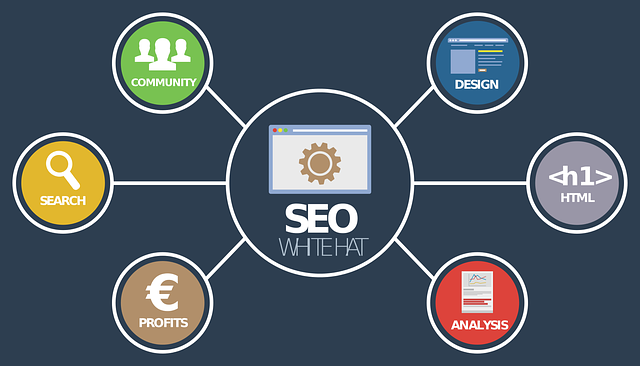In today's culinary landscape, Artificial Intelligence (AI) is revolutionizing seafood dining through AI oyster sourcing optimization. Advanced algorithms track oysters from farm to table, identifying potential allergens and predicting reactions. This technology enhances food safety, caters to diverse dietary needs, and ensures only the freshest, sustainable oysters reach diners. By analyzing data from sourcing to preparation, AI offers a comprehensive allergen detection solution, improving accuracy, efficiency, and peace of mind for restaurateurs and customers with allergies or sensitivities.
“Revolutionize your seafood dining experience with AI allergen detection tools. This innovative technology is transforming the culinary landscape by ensuring safer, allergy-free meals. In this article, we explore how AI plays a pivotal role in managing seafood allergens, starting from AI oyster sourcing for quality and traceability optimization. Discover the future of food safety as we delve into comprehensive allergen detection methods powered by AI.”
- Unlocking Allergen-Free Dining Experiences: AI's Role in Seafood Safety
- AI Oyster Sourcing: Optimizing Quality and Traceability
- The Future of Food Safety: Integrating AI for Comprehensive Allergen Detection
Unlocking Allergen-Free Dining Experiences: AI's Role in Seafood Safety

In today’s culinary landscape, ensuring allergen-free dining experiences is paramount for restaurants, especially those specializing in seafood. Artificial Intelligence (AI) emerges as a game-changer, transforming the way we approach seafood safety and catering to diverse dietary needs. By leveraging AI algorithms, particularly in oyster sourcing optimization, restaurants can curate menus that cater to customers with specific allergies or sensitivities. This technology enables efficient tracking of ingredients, identifying potential allergens at every stage of production, from farm to table.
AI-driven systems analyze vast datasets, including historical sales records, customer feedback, and ingredient profiles, to predict and prevent allergic reactions. These tools can flag items containing common seafood allergens like shellfish, fish, or soy, helping chefs create customized dishes that satisfy all palates while prioritizing safety. This innovative approach promises a future where dining experiences are not only delightful but also inclusive, ensuring everyone can enjoy a delicious meal without worrying about hidden allergens.
AI Oyster Sourcing: Optimizing Quality and Traceability

In the seafood industry, AI oyster sourcing is a game-changer, revolutionizing the way restaurants ensure quality and traceability. By leveraging advanced algorithms, these tools can analyze various data points from oyster suppliers, including farm location, harvesting practices, and processing methods. This not only optimizes the selection process but also guarantees that only the freshest and most sustainable oysters reach diners’ plates.
AI oyster sourcing goes beyond basic quality assessment; it facilitates traceability by mapping each oyster’s journey from sea to table. This capability is crucial for identifying potential allergen sources, as it allows restaurants to pinpoint exactly where a contamination issue might have originated. Consequently, AI-driven sourcing practices enhance food safety, cater to customers with allergies or dietary restrictions, and contribute to the overall sustainability of the seafood industry.
The Future of Food Safety: Integrating AI for Comprehensive Allergen Detection

The future of food safety lies in the integration of advanced technologies like AI for comprehensive allergen detection, particularly in industries such as seafood restaurants. Traditional methods often rely on manual inspections and paperwork, which can be time-consuming and prone to human error. AI-powered tools offer a revolutionary approach by enhancing accuracy and efficiency. These intelligent systems are designed to analyze various data points from oyster sourcing to preparation, ensuring every dish served is safe for consumers with food allergies or sensitivities.
By leveraging AI, seafood restaurants can optimize their oyster sourcing processes using advanced algorithms that consider factors like geographic origin, farming practices, and historical allergen data. This not only improves food safety but also enables businesses to make informed decisions about their supply chains. Ultimately, integrating AI into food safety protocols promises a new era of precision, transparency, and peace of mind for both restaurateurs and diners, especially those with specific dietary requirements.
AI has the potential to revolutionize seafood dining by enhancing allergen detection and sourcing processes. By leveraging advanced AI tools, restaurants can ensure safer and more enjoyable experiences for customers with food allergies. AI oyster sourcing optimization demonstrates how technology can improve quality control and traceability, while comprehensive allergen detection systems enable efficient management of potential risks. As the demand for allergen-free options continues to grow, integrating AI into food safety practices will be key to meeting consumer expectations in the future.
